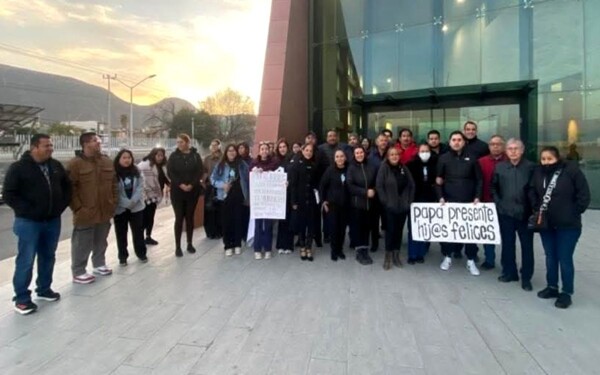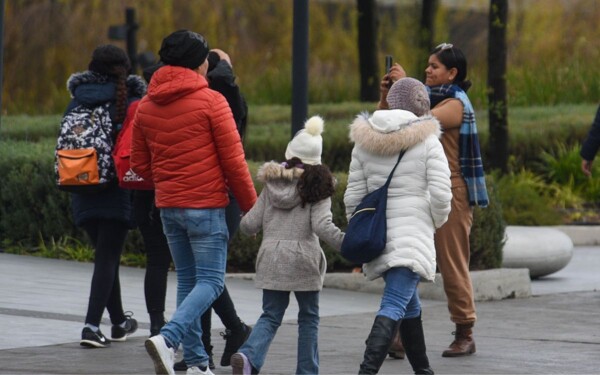Hearing loss in girls and boys is a problem that can be prevented in 60% of cases through strategies such as vaccination, infection control, and reducing exposure to excessive noise. According to Ruth López Gamboa, head of the Audiology Service for Adults at the National Rehabilitation Institute Luis Guillermo Ibarra Ibarra (INRLGII), untreated hearing loss in childhood can lead to delays in language development, difficulties in learning and communication, as well as an increased risk of neurocognitive disorders, anxiety, and depression.
Within the framework of National Hearing Health Week, which will take place from February 23 to 28, it is highlighted that presbycusis, age-related hearing loss, is the most common cause of hearing loss in Mexico, affecting one in three people over 60 years old. Although between 8 and 10 million people in the country suffer from some degree of hearing loss, more than half of cases in children could be prevented.
The INRLGII issues an urgent call to prevent hearing disorders, especially among adolescents exposed to high levels of noise. The aim is to raise awareness about the importance of caring for hearing health from an early age, promoting prevention strategies and the use of hearing aids programmed by audiology specialists to improve quality of life and social interaction.
Occupational exposure to noise, perinatal risk factors in children, and chronic diseases such as diabetes and hypertension, which double the risk of hearing loss, are some of the identified risk groups. Additionally, the indiscriminate use of antibiotics, certain cancer treatments, and traumatic brain injuries can contribute to the development of hearing disorders.
National Hearing Health Week aims to raise awareness about the importance of hearing care, promote early detection, and facilitate access to timely diagnosis and treatment. According to data from the National Institute of Statistics and Geography (INEGI), 53% of cases of hearing loss occur in women and 47% in men.
The importance of avoiding prolonged exposure to sounds above 85 decibels, using hearing protection in noisy environments, and maintaining proper ear hygiene without inserting objects that could cause damage is emphasized. For the pediatric population, the importance of the Neonatal Hearing Screening within the first month of life is highlighted. The 60/60 rule is recommended: do not use headphones for more than 60 minutes a day and keep the volume below 60% of its maximum capacity.














